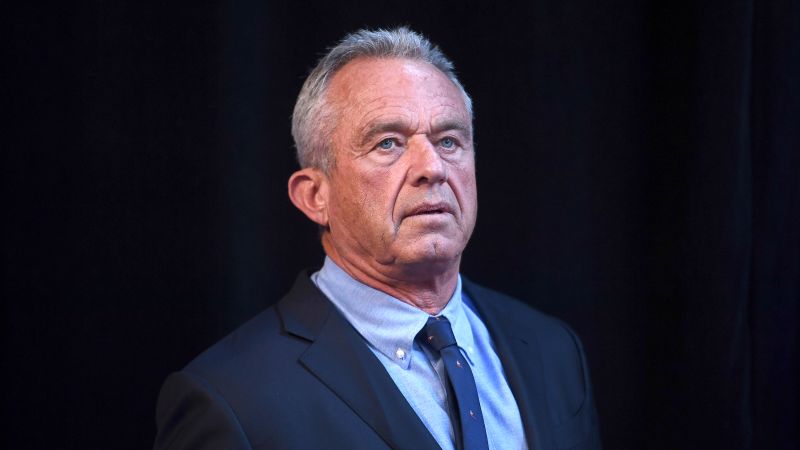Robert F. Kennedy Jr., an independent presidential candidate, recently discussed a medical abnormality he experienced in 2010 caused by a parasite that entered his brain and then died. In a podcast interview, Kennedy described suffering from “brain fog” and issues with word retrieval and short-term memory during that time. He initially believed he had a brain tumor but later learned from a doctor that it was likely a parasite, common in India where he had done environmental work. The abnormality did not grow, indicating it was a parasite.
Kennedy’s health issue involving the parasite was first mentioned during a 2012 deposition related to his divorce, where he claimed a doctor told him a worm had entered his brain, eaten a portion of it, and died. A spokesperson for Kennedy’s campaign confirmed that he had traveled extensively in Africa, South America, and Asia as part of his environmental advocacy work, contracting the parasite on one of those trips. The issue was resolved over a decade ago, and Kennedy is now in good physical and mental health, despite the unusual experience.
Infectious disease expert Dr. Peter Hotez commented on Kennedy’s claim, noting the difficulty in fully assessing it without reviewing the brain scans. Hotez explained that individuals with pork tapeworm infections in their brains, known as neurocysticercosis, typically experience seizures and may require prolonged anti-seizure medication due to the formation of calcified cysts when the worms die. Kennedy also discussed his struggle with mercury poisoning around the same time as his parasite diagnosis, revealing high levels of mercury in his blood and undergoing chelation therapy to remove the metals and alleviate his symptoms.
Kennedy stated that after successfully treating both the parasite and mercury poisoning, he made a full recovery with his health issues. Despite the unusual and rare nature of his conditions, Kennedy is now healthy and continues to campaign for the presidency. The revelation of his medical history has drawn attention to his past challenges and resilience, with Kennedy expressing gratitude for overcoming these health obstacles. The incident serves as a reminder of the potential risks individuals face when working in environmental advocacy and traveling to regions where parasites are prevalent.













